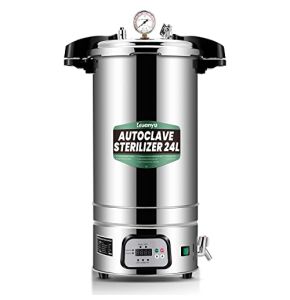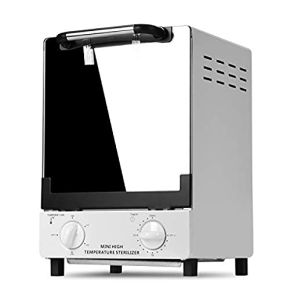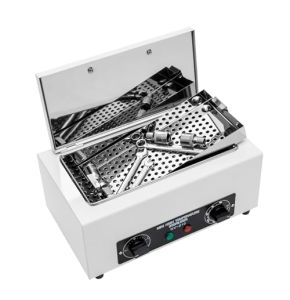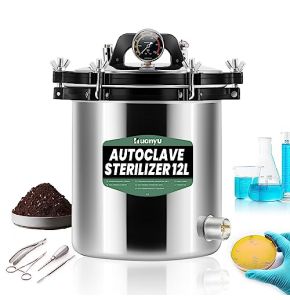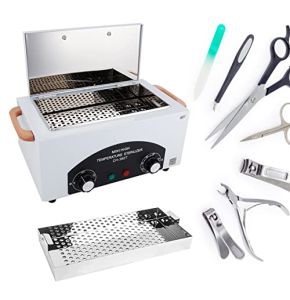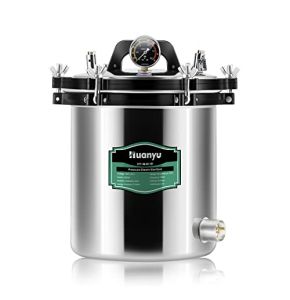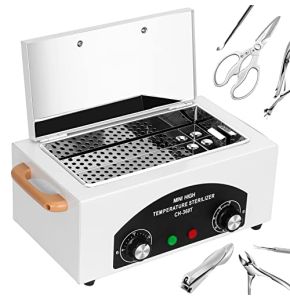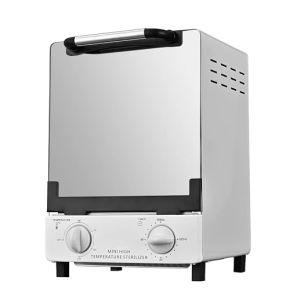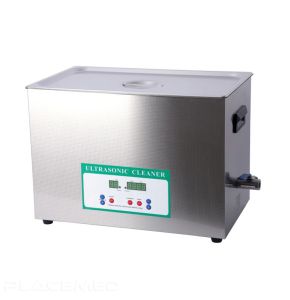Autoclaves
18/11/2024 221
18/11/2024 269
18/11/2024 276
18/11/2024 383
The Autoclave: Essential for Effective Sterilization in Medical Settings
The autoclave is an indispensable medical device for ensuring optimal sterilization of medical instruments. It plays a crucial role in preventing nosocomial infections, guaranteeing the safety of patients and healthcare personnel.
The Role of the Autoclave in Medical Settings
Steam sterilization is a reliable method for eliminating microorganisms present on instruments. The autoclave, using pressurized steam, destroys bacteria, viruses, and spores, ensuring complete disinfection. This process is essential to prevent the spread of infections in hospitals, clinics, and medical offices.
The operating principle of the autoclave is based on increasing the pressure in the sterilization chamber, which raises the temperature of the steam. This moist heat effectively penetrates materials, sterilizing instruments and culture media used for sterilization. The medical autoclave is therefore an indispensable tool for maintaining a sterile environment.
Types of Autoclaves
There are different types of autoclaves adapted to the specific needs of healthcare professionals. Steam autoclaves are divided into two categories: gravity models and pre-vacuum models. Gravity autoclaves expel air by gravity, while pre-vacuum autoclaves use a vacuum pump to remove air, ensuring better steam penetration.
Tabletop autoclaves, also called small autoclaves, are ideal for medical offices and dental clinics. The dental autoclave, for example, is compact and designed to quickly sterilize instruments used daily. In contrast, high-capacity autoclaves are used in hospitals and laboratories, where the volume of instruments to be sterilized is larger. The laboratory autoclave is suitable for sterilizing not only medical instruments but also culture media and other types of loads.
Sterilization Protocols
For effective sterilization, it is important to follow best practices in terms of time, temperature, and pressure. Sterilization cycles must be adapted to the type of material and the autoclave's load. Generally, a temperature of 121°C for 15 to 20 minutes is sufficient to eliminate microorganisms, but some cases require higher temperatures.
Validation and quality control are essential to ensure the process's effectiveness. Biological and chemical tests are used to verify that the professional autoclave is functioning correctly. Chemical indicators change color under certain conditions, while biological tests use resistant spores to confirm the destruction of microorganisms. These measures ensure that instrument sterilization is reliable.
Maintenance and Safety
Regular maintenance of the autoclave is crucial to prolong its lifespan and ensure its performance. It is important to regularly clean the stainless steel sterilization chamber and check the safety valves. A poorly maintained autoclave can be ineffective and pose a safety risk.
Autoclaves must comply with regulatory standards and public health guidelines. Medical devices such as the medical autoclave must meet current regulations to guarantee the safety of patients and staff. It is therefore essential to choose a quality professional autoclave that meets legal requirements.
Technological Innovations
Smart autoclaves are a recent innovation that integrates the Internet of Things (IoT) for monitoring and controlling the sterilization process. These modern autoclaves allow remote control, precise programming of cycles, and provide detailed reports. This improves the efficiency and traceability of operations.
Additionally, manufacturers are developing eco-friendly and energy-efficient autoclaves. These models reduce water and electricity consumption, thus contributing to environmental protection. Class B autoclaves, for example, offer superior performance while being more energy-efficient.
In conclusion, the autoclave is an essential element of medical equipment to ensure effective sterilization of instruments. Whether it's a dental autoclave for a medical office or a laboratory autoclave for a large hospital, it's crucial to choose the right type of autoclave adapted to your needs. By following sterilization protocols and ensuring regular maintenance, you guarantee the safety and health of your patients.
At Placemed, we offer a wide range of professional autoclaves meeting the strictest standards. Whether you're looking for a steam autoclave to sterilize your instruments or a medical autoclave equipped with the latest technological innovations, you'll find the ideal equipment for your practice. Investing in a quality autoclave is essential to maintain a high level of care and prevent nosocomial infections.
 Francais
Francais 
